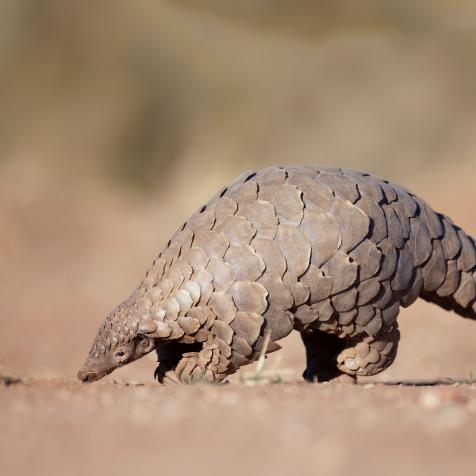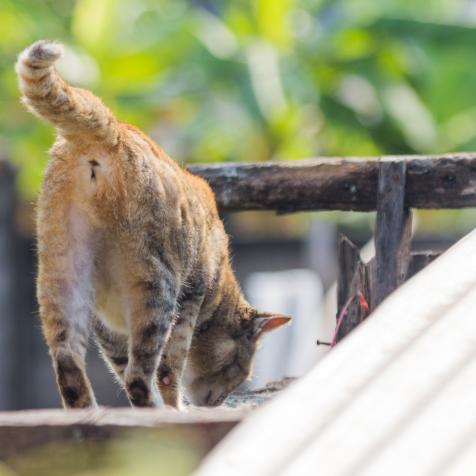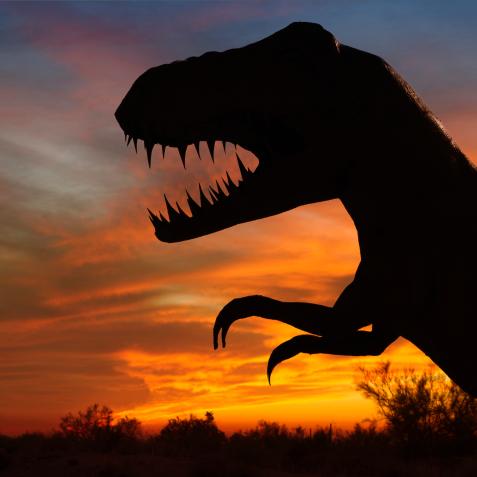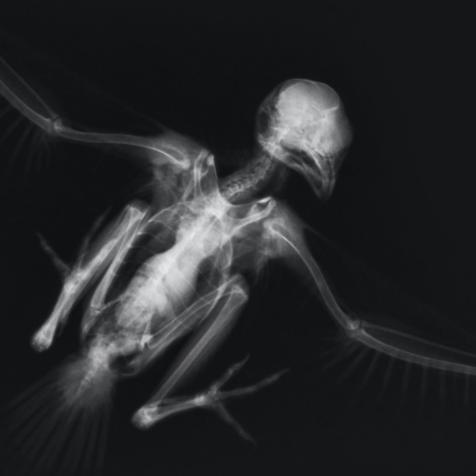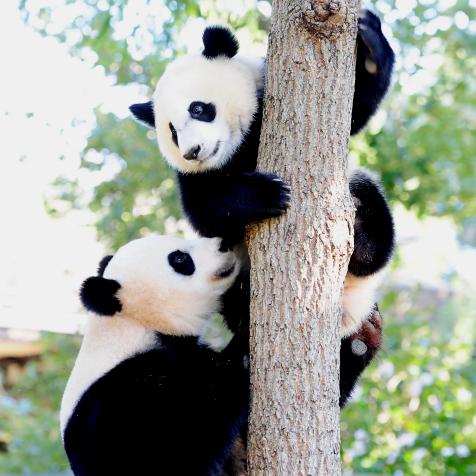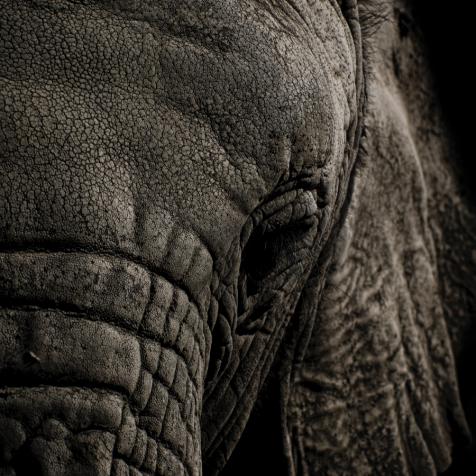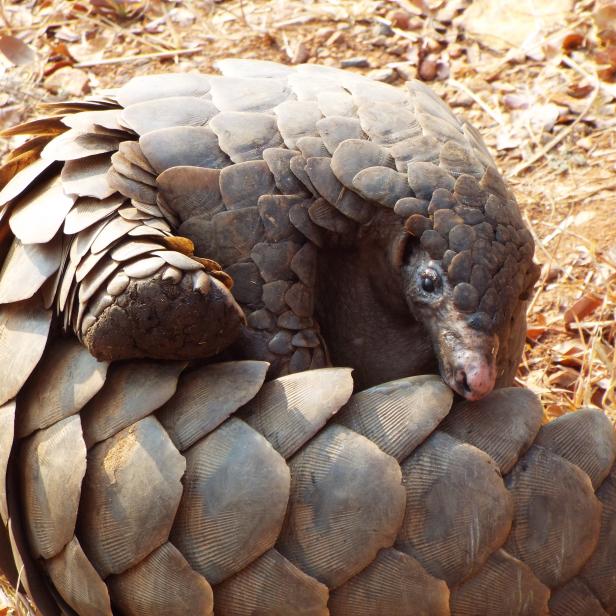
Uniquesafarieye
It’s World Pangolin Day! Meet The World’s Most Trafficked Animal
World Pangolin Day is a yearly global celebration of pangolins and the people working to save them from extinction. This shy curious creature is the most trafficked animal in the world.
The name Pangolin comes from the Malay word pengguling, meaning “the one who rolls up”. There are eight species of this inquisitive insectivore. Four are native to Asia — The Chinese, Sunda, Indian, and Philippine Pangolins. These species are listed by the International Union for Conservation of Nature (IUCN) as critically endangered. The other four species are native to Africa — the giant, ground, white-bellied, and black-bellied pangolins are all listed as vulnerable. According to a study reported on by BBC, an estimated 100,000 pangolins are taken from the wild every year across Africa and Asia.
Pangolin Life
Most pangolins are mellow nocturnal animals. Some species will dig tunnels up to 11 feet deep and use the hole as a residence while others commandeer hollow trees when seeking shelter. What the Pangolin lacks in vision it makes up for with a well-developed sense of smell and sense of hearing. Once the animal’s insect-prey has been located, they use their powerful claws to dig into trees, the ground, or termite mounds. From there, they use their insanely long tongues (up 16 inches long) to probe inside the insect tunnels and retrieve their prey.
Pangolins live most of their lives in solitary and only meet to mate once a year. While their mating season is not defined, they are typically summer lovers. Males will mark their location with urine or feces in the hopes that a female will be drawn to their aroma. Should there be competition, the males will do battle, using their tails as clubs.
Why are these mammals so heavily trafficked?
Pangolins are very unique; their physical appearance is characterized by large protective keratin scales that cover their skin and act as a defense mechanism when they feel threatened. Pangolins are the only known mammal to exhibit this feature. These scales are of value to poachers as well. They are used in traditional Chinese medicine to treat a wide range of ailments. While there is no actual scientific evidence linking any medical value to this traditional practice, it continues to be used throughout Asia. In addition to this unsubstantiated medical treatment, pangolins are also hunted for their bush meat and are eaten in many parts of Africa and Asia.
What is being done to save “The One Who Rolls Up”
It is no secret that pangolins are under siege. Illegal international trade of pangolin skin, scales, and meat threaten the species with extinction. The IUCN SSC Pangolin Specialist Group launched a global action plan called "Scaling up Pangolin Conservation". This action plan aims to improve all phases of pangolin preservation, adding emphasis to combating poaching and trafficking of the animal, while educating communities in its importance. The wildlife conservation group TRAFFIC has identified 159 smuggling routes used by pangolin traffickers and aspires to shut them all down. Wildaid has helped train more than 150 law enforcement specialists to interdict pangolin shipments.
CORONAVIRUS CLAIMS
Recently, some bad press has surface regarding this already at-risk mammal. While there is no conclusive research as of yet, scientists in China have listed the pangolin as a possible transmitter of coronavirus to humans. The coronavirus has killed more than a thousand people around the world and caused an international public health scare. A potential link between the deadly virus and pangolins could be devastating for the armored animals’ future.









